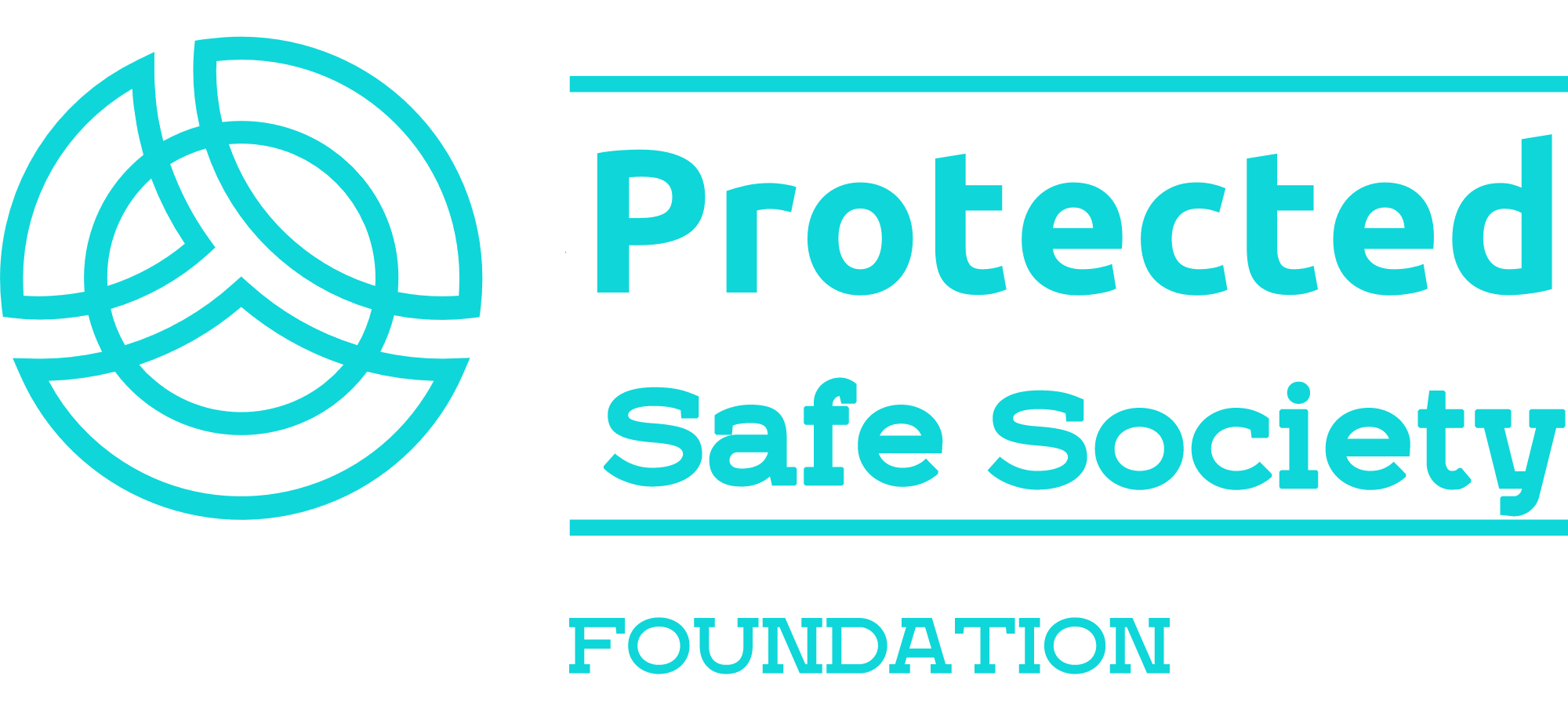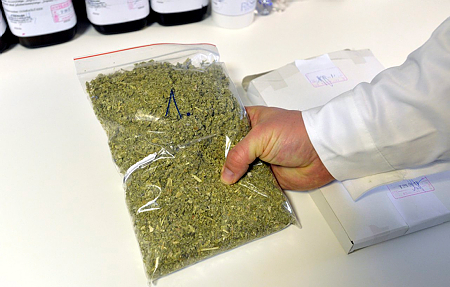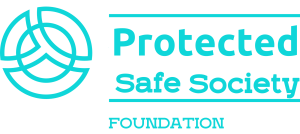The negative consequences of the legalization processes in recent years are clear. Public safety has deteriorated, the number of crimes has increased, the black market has not declined but flourished, and the number of drug users has also started to rise – revealed in the latest publication of the Drug Research Institute (DKI). However, according to the study, international drug activists speaking at the UN have not yet achieved their goal: they advocate for complete legalization.
The Drug Research Institute describes in its writing the annual meetings of the UN Commission on Narcotic Drugs, to which representatives of UN member states are delegated, various NGOs that try to exert pressure on decision-makers and represent the interests of the drug legalization lobby through various advisory bodies.
The most prominent speaker is Marie Nougier, representing the International Drug Policy Consortium. We will return to the organizations later. Let’s see what is said in response to Sárosi’s somewhat leading questions: first, she examines the mid-term assessment of the 2019 statement, which she finds incredibly disheartening because it “recognizes nothing of the failures of the war on drugs.” For those unfamiliar with the drug lobby’s terms, we would note that the phenomenon they call the drug war means zero tolerance. However, it is considered a great sign that there is a reference to the “responsible regulation of drugs” regarding human rights, which of course implies legalization or at least decriminalization, which can be considered a prelude to legalization, and the speaker believes that this should be applied to all drugs (!).
– reads the writing,
They add that Niamh Eastwood, the director of the Release organization in England, also speaks at the UN meeting, who openly advocates for decriminalization. She refers to a Spanish example where a constitutional court decision stated that people have the right to control their bodies and have the right to privacy. According to their interpretation, somewhat abstractly, this means that “possession and social transfer should be allowed for all drugs.”
The speakers view the so-called re-criminalization as a terrible and unacceptable phenomenon. This is implemented in several places or planned to be implemented where the legalization attempt has visibly failed and had very harmful consequences for society. Thieshia Naidoo, a representative of the Criminal Justice Drug Policy Alliance, brought up the example of Oregon. The state had to repeal the legalization law and re-criminalize drug use. The speaker, in addition to Sárosi’s visible agreement with this, feels “very angry.” He believes that decriminalization has nothing to do with the spread of fentanyl (which has become a leading cause of death in the USA) and the shocking increase in overdoses in Oregon, this is just an “external factor that opponents of progressive reforms exploit.” And let’s remember that several people have expressed that the goal is not only marijuana, but for all drugs, complete legalization and unrestricted use. Even in the case of fentanyl in the USA, causing tens of thousands of deaths annually.
– states the publication.
According to the DKI, Arild Knutsen, speaking on behalf of the Norwegian Association for Human Drug Policy, goes even further, saying that decriminalization is not a solution either because they do not punish, “but they take the drug away from us” and this maintains prejudices. He believes the main problem is drug prohibition, and taboos must be broken, that is, all types of drugs must be allowed for full use.
He claims, “… we need to open up to drug users. 10% of drug users consume 70-80% of the drugs, so let’s make it legal for them.” The Thai Kitty Chokwan Chopaka, who identifies herself only as a cannabis legal activist, shares the same opinion. Thailand is also withdrawing its law on cannabis legalization because the consequences of the law were very negative, as the Drug Research Institute has already published an analysis of it. The drug activist announced that they have also developed a draft law signed by ten thousand people, and they now hope that the prime minister will sign it. However, we must add that over 16 million people live in Bangkok and its surroundings alone, and over 70 million in the whole country, which makes ten thousand supporters not seem significant. One speaker, Tom Blinkcman, argued that as EU laws are closely related to UN conventions, and because of this, a full importing and retail chain for marijuana legalization laws could not be established in Germany, the UN conventions must be changed, and through this, the EU laws, for the sake of drug legalization.
– reads the analysis of DKI.
The writing highlights that among the supporters, the Soros-owned Open Society Foundation is prominently featured. Just like in the case of Sárosi Péter, the original employer of the video maker, the Hungarian Civil Liberties Union, is also evident. The intertwining, the existence of the network is a tangible reality, just as it is that the domestic representatives of the international drug lobby do not think differently about drug legalization than the drug activists quoted above.
💘like
💘like
😡angry
😡angry




